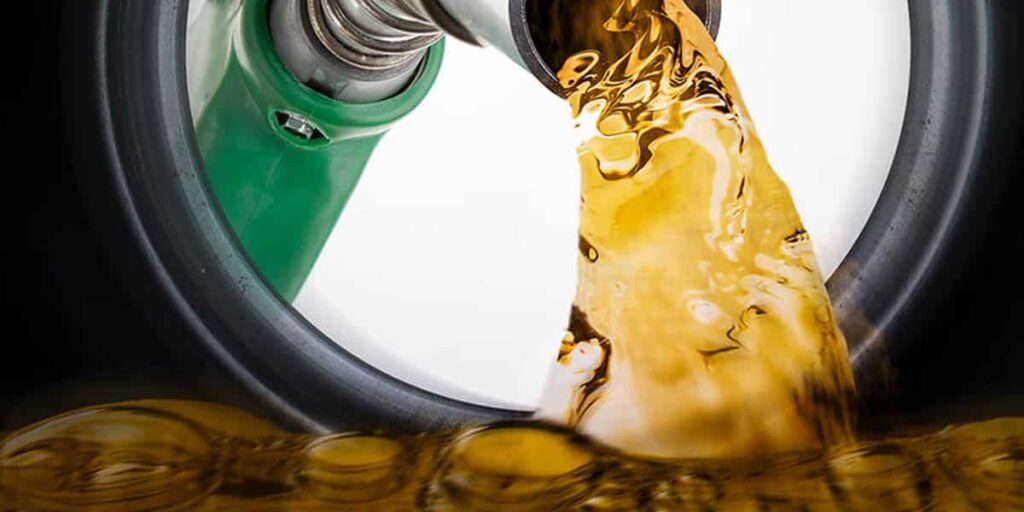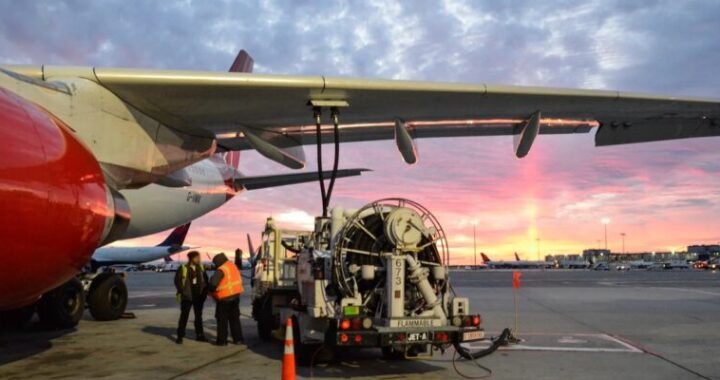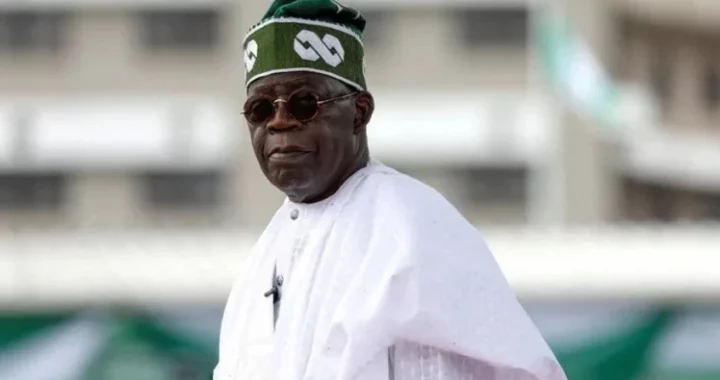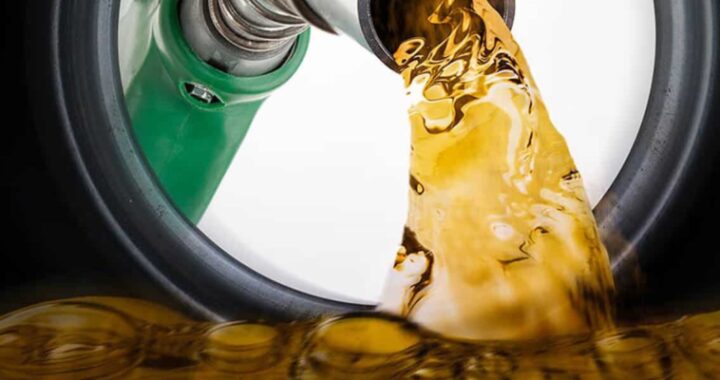Fuel supplies could run out in two to three months in Mozambique

Head of Africa at Puma Energy Fadi Mitri says that Mozambique is on the brink of a “serious energy crisis” as the country is not allowing service stations to raise prices of fuels , which may run out within two to three months.
“Mozambique is today on the verge of a serious energy crisis in terms of hydrocarbons for two reasons: the price is very low compared to the real cost of the product and those who subsidize this situation are the companies in the fuels market,” Fadi Mitri told a press conference in Maputo on Wednesday 19th April.
“The government owes about 25 billion meticais (350 million euros) to the fuel distribution industry and this is an unsustainable situation,” said the leader of one of the fuel operators in the market.
“When a company cannot make enough money in a business, when it is losing, the solution is to reduce activity,” he said.
Mitri said that in the first quarter of this year, operators had reduced fuel imports by 54% compared to the same period in 2022.
“Soon, in two to three months there will be no fuel in Mozambique,” he said.
According to the Puma Energy’s Head of Africa, the monthly rise in Mozambique’s debt calls into question the reputation of the petrol stations with the banks, which are beginning to reject proposals for new loans, particularly among the less robust Mozambican retailers.
“When the debt is prolonged, the banks begin to reject this request. Mozambican petrol stations are the ones that suffer most as the international ones have greater financial robustness,” he explained.
In his view, the solution to halt a fuel crisis in Mozambique “is simple: prices should rise.
“Prices should rise, in diesel, by 4.55 meticais per litre (6 cents). In petrol it is not necessary. This does not mean that there will be an immediate repayment of the 25 billion meticais that the government owes, but with this measure, the debt starts to fall.”
“If the debt starts to fall, the market will realise that the government is reacting”, at the end of talks that have lasted “for 18 months” and “we could start looking to the future and the banks would be happy”, he explained.
Since 1 July 2022, the date of the last adjustment, petrol has cost 86.97 meticais (1.24 euros) and diesel has risen to 87.97 meticais (1.26 euros) per litre.
Fadi Mitri advocated for less interference by the government in the definition of the price of fuel, which derives from the dynamics of the international market.
For Puma Energy, Mozambique’s geographical location, bathed by the Indian Ocean, places the country as a strategic partner, to the extent that the fuel that reaches the countries in the interior must pass through Mozambican ports, but the debt situation may force Puma Energy Africa to rethink its strategies.
“We think that Mozambique should be a ‘hub’ (distribution point) for Zimbabwe, Malawi and Zambia, but unfortunately today it is not an efficient ‘hub’,” he concluded.
The last price adjustment at petrol stations in Mozambique took place in July 2022.
Complaints from petrol stations in Mozambique, which is among the countries with the lowest fuel prices on the continent, began in mid-2022, when the Mozambican Association of Fuel Operators first warned that state debts could paralyse distribution – at a time of price volatility in the international market with the Russian invasion of Ukraine and global inflation.


 President Akufo-Addo Inaugurates Dualisation of Anwiankwanta-Ahenema Kokoben Road to Ease Traffic and Boost Connectivity
President Akufo-Addo Inaugurates Dualisation of Anwiankwanta-Ahenema Kokoben Road to Ease Traffic and Boost Connectivity  Angola-Zambia Road Project to Boost Trade and Economy in Eastern Angola
Angola-Zambia Road Project to Boost Trade and Economy in Eastern Angola  ECOWAS HQ construction draws closer to completion
ECOWAS HQ construction draws closer to completion  BP Subsidiary to Sell 50% Stake in Maputo Airport Fuelling to Petromoc
BP Subsidiary to Sell 50% Stake in Maputo Airport Fuelling to Petromoc  Nigerian President: Fuel Subsidy Removal Saves $1.32B in 2 Months
Nigerian President: Fuel Subsidy Removal Saves $1.32B in 2 Months  Tanzania’s Fuel Prices Surge Amid Cross-Border Fuel Sourcing
Tanzania’s Fuel Prices Surge Amid Cross-Border Fuel Sourcing  TENDER FOR THE ESTABLISHMENT OF CODING & ROBOTIC HUBS IN SCHOOLS | SOUTH AFRICA
TENDER FOR THE ESTABLISHMENT OF CODING & ROBOTIC HUBS IN SCHOOLS | SOUTH AFRICA  Power China Group Utilizes Linnhoff TSD1500 for Key Rural Road Projects in Kenya
Power China Group Utilizes Linnhoff TSD1500 for Key Rural Road Projects in Kenya